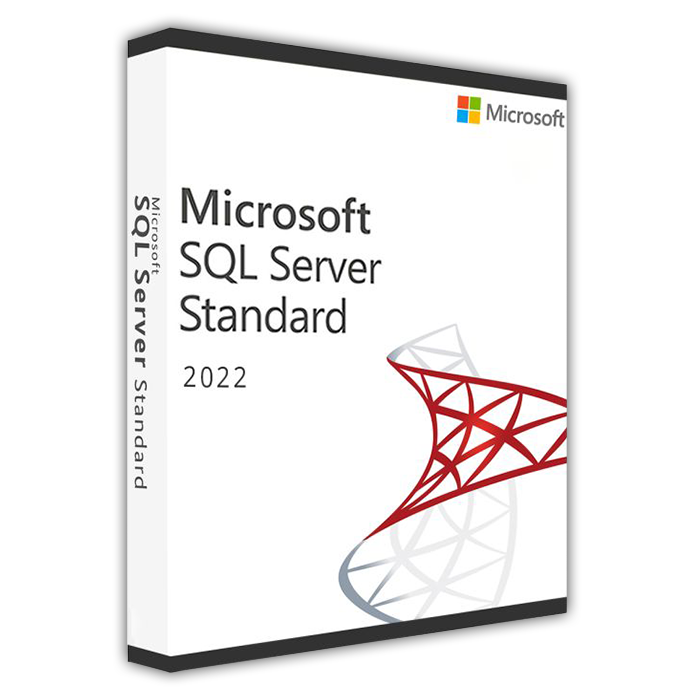In the bustling metropolis of Melbourne, businesses are constantly vying for the attention of consumers. With the digital landscape becoming increasingly competitive, Search Engine Marketing (SEM) has emerged as a vital tool for businesses looking to enhance their online presence and drive targeted traffic to their websites. This comprehensive guide explores the intricacies of SEM, its significance for Melbourne-based businesses, and best practices to maximize its benefits.
What is Search Engine Marketing (SEM)?
Search Engine Marketing (SEM) is a digital marketing strategy used to increase the visibility of a website in search engine results pages (SERPs) through paid advertising. Unlike Search Engine Optimization (SEO), which focuses on organic traffic, SEM involves paying for advertisements to appear in prominent positions on search engines like Google, Bing, and Yahoo.
The Importance of SEM for Melbourne Businesses
Increased Visibility: SEM ensures that your business appears at the top of search engine results, making it more likely that potential customers will see and click on your ads.
Targeted Advertising: SEM allows for highly targeted advertising based on keywords, location, demographics, and more, ensuring that your ads reach the most relevant audience.
Measurable Results: With SEM, businesses can track the performance of their ads in real-time, allowing for data-driven decisions and continuous optimization.
Cost-Effective: When managed effectively, SEM can provide a high return on investment (ROI) by driving qualified traffic to your website and converting leads into customers.
Key Components of SEM
Keyword Research: The foundation of any successful SEM campaign. Identifying the right keywords ensures that your ads appear in relevant search queries.
Ad Creation: Crafting compelling ad copy that entices users to click on your ads. This includes headlines, descriptions, and call-to-action (CTA) phrases.
Bid Management: Setting and adjusting bids for keywords to ensure optimal placement of your ads within your budget.
Landing Page Optimization: Ensuring that the landing pages users are directed to are relevant, engaging, and optimized for conversions.
Analytics and Reporting: Monitoring the performance of your campaigns through tools like Google Analytics and making data-driven adjustments.
SEM Strategies for Melbourne Businesses
Local Targeting: Utilize location-based targeting to focus your ads on Melbourne and its suburbs. This ensures that your ads are shown to potential customers in your immediate geographic area.
Competitor Analysis: Analyze the SEM strategies of your competitors in Melbourne to identify opportunities and gaps that you can exploit.
Ad Extensions: Use ad extensions to provide additional information and increase the visibility and click-through rate (CTR) of your ads. Extensions can include site links, call buttons, location information, and more.
Seasonal Campaigns: Melbourne hosts numerous events and festivals throughout the year. Tailoring your SEM campaigns to coincide with these events can boost your visibility and relevance.
Mobile Optimization: With a significant portion of searches coming from mobile devices, ensure your ads and landing pages are mobile-friendly.
Best Practices for SEM in Melbourne
Comprehensive Keyword Research: Use tools like Google Keyword Planner, SEMrush, and Ahrefs to identify high-traffic keywords relevant to your business.
Effective Ad Copywriting: Write clear, concise, and compelling ad copy. Highlight unique selling points (USPs) and include strong CTAs.
A/B Testing: Continuously test different ad variations to determine which performs best. Experiment with headlines, descriptions, and landing pages.
Quality Score Optimization: Google uses Quality Score to determine the relevance and quality of your ads. Improve your Quality Score by focusing on relevant keywords, high-quality ad copy, and user-friendly landing pages.
Budget Management: Monitor your budget and adjust bids based on the performance of your keywords and ads. Ensure that you are getting the best ROI.
Utilize Negative Keywords: Negative keywords prevent your ads from showing up in irrelevant searches, saving your budget for more relevant clicks.
Monitor and Adjust: Regularly review your campaign performance and make necessary adjustments. Use analytics to understand user behavior and refine your strategy.
The Role of an SEM Agency
For businesses lacking the time or expertise to manage SEM campaigns, partnering with an SEM agency in Melbourne can be highly beneficial. An agency brings specialized knowledge and experience to the table, ensuring that your campaigns are optimized for maximum effectiveness. Key benefits of working with an SEM agency include:
Expertise: Agencies have a deep understanding of SEM best practices and the latest trends.
Efficiency: They can manage and optimize campaigns more efficiently, freeing up your time to focus on other aspects of your business.
Access to Tools: Agencies often have access to advanced SEM tools and technologies that can enhance campaign performance.
Continuous Optimization: They continuously monitor and adjust campaigns to ensure optimal performance and ROI.
Measuring SEM Success
To measure the success of your SEM campaigns, track key performance indicators (KPIs) such as:
Click-Through Rate (CTR): The percentage of users who click on your ad after seeing it. A higher CTR indicates that your ad is relevant and compelling.
Conversion Rate: The percentage of users who complete a desired action (e.g., making a purchase, filling out a form) after clicking on your ad.
Cost Per Click (CPC): The average amount you pay for each click on your ad. A lower CPC indicates cost-effective advertising.
Return on Ad Spend (ROAS): The revenue generated from your SEM campaigns compared to the amount spent on advertising.
Quality Score: A metric used by Google to measure the relevance and quality of your ads, keywords, and landing pages.
Future Trends in SEM
The world of SEM is constantly evolving, and staying ahead of trends is crucial for maintaining a competitive edge. Some emerging trends in SEM include:
Voice Search Optimization: With the rise of voice-activated devices, optimizing for voice search queries is becoming increasingly important.
AI and Machine Learning: Advanced algorithms and machine learning are being used to automate and optimize SEM campaigns more effectively.
Visual Search: The growing use of visual search tools like Google Lens is changing the way users search for products and information online.
Personalization: Tailoring ads to individual user preferences and behaviors can significantly enhance engagement and conversion rates.
Video Ads: The popularity of video content continues to rise, making video ads a powerful tool for reaching and engaging audiences.
Conclusion
Search Engine Marketing melbourne is an indispensable tool for businesses looking to enhance their online presence and drive targeted traffic. By understanding the key components, strategies, and best practices of SEM, businesses can effectively reach their target audience and achieve their marketing goals. Whether managing SEM campaigns in-house or partnering with an agency, the focus should always be on continuous optimization and staying abreast of the latest trends to maintain a competitive edge in the dynamic digital landscape.
Final Thoughts
As Melbourne continues to grow as a hub for innovation and commerce, leveraging the power of SEM can position your business for sustained success. By investing in well-planned and executed SEM strategies, you can ensure that your business stands out in the crowded digital marketplace, attracting and converting the right customers at the right time.








